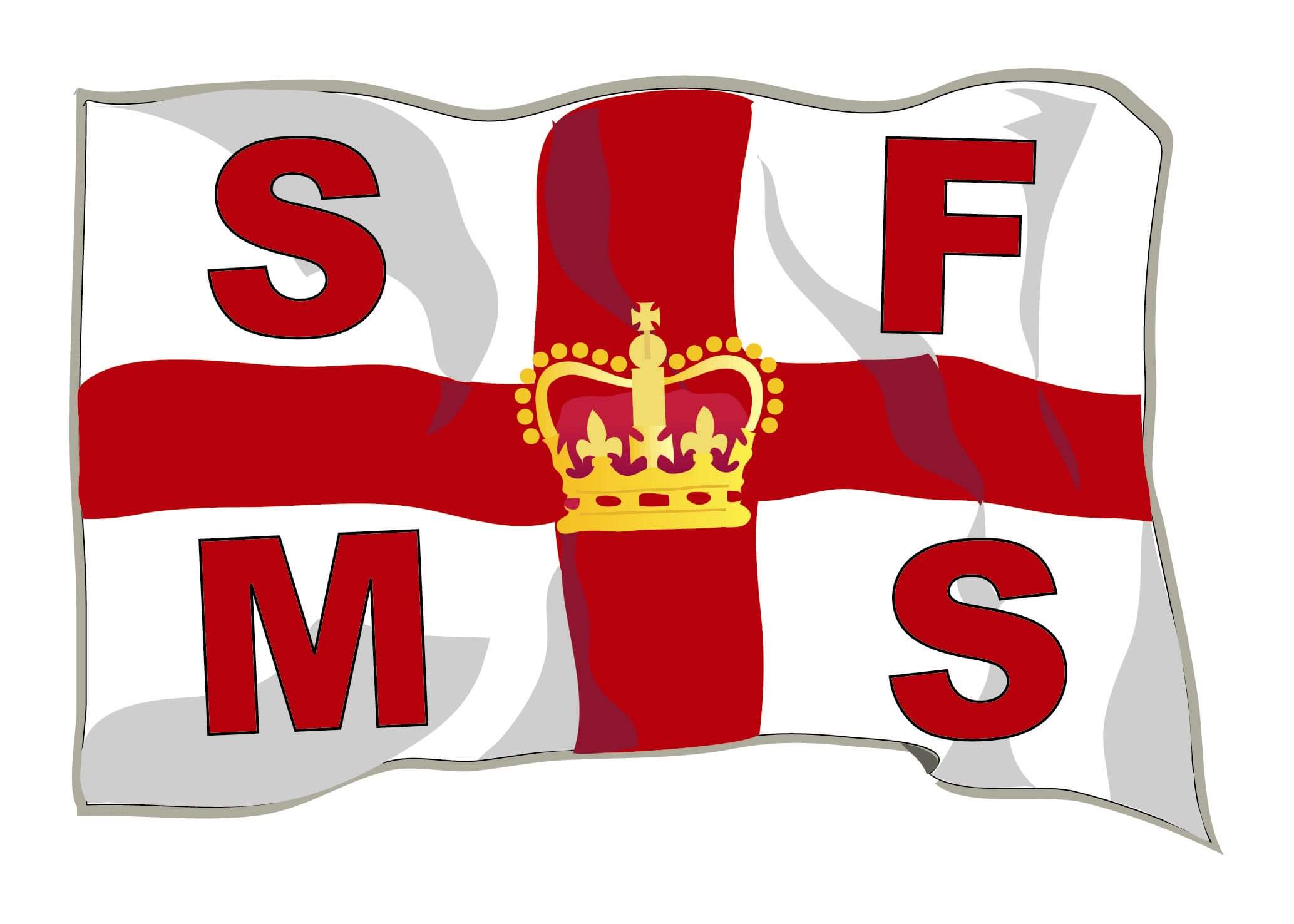Emile Robin 1887

The Emile Robin award to Captain H Murrell and Chief Officer TF Gates of the ss Missouri of London for the rescue of the crew and passengers of the Danish emigrant ss Danmark of Copenhagen on 4 April 1887.
The Danmark, a Danish emigrant vessel belonging to the Thingvalla Line, left Copenhagen for New York with 665 passengers and Captain and crew of 69 on board. On 4th April, when about 800 miles from Newfoundland, she broke her shaft, which thereupon whirled aimlessly round and round, and tore a terrible hole in the ship’s bottom, causing such serious leakage that the Captain perceived there was no chance of keeping her afloat. It was blowing hard and a heavy sea running at the time, so that it was extremely doubtful, even if the boats had been lowered, whether they could live in such a sea, and in any case they could not have carried all the persons on board. It was decided, therefore, to wait for the chance of succour, though the vessel was evidently settling down.
The poor creatures on board spent 24 hours of agonising suspense. They prayed, they sang hymns, they whispered together in groups, they scanned the horizon for the sight of a sail which might rescue them from the death which seemed almost inevitable. Their prayers were answered; on the afternoon of 5th April the British steamer Missouri, Captain Hamilton Murrell, of the Atlantic Transport Line, bound from London to Philadelphia, seeing a vessel flying distress signals, bore down upon her. Captain Murrell agreed to tow the Danmark, but said he could take no passengers. A tow-rope was attached, but for some hours they made very slow progress against head wind and sea. Captain Murrell then determined to give up the hope of reaching the American coast, and (the Captain of the Danmark consenting) squared away for the Azores. Before long, however, it was found that the Danmark was rapidly sinking, and accordingly it was resolved to abandon her, on 6th April.
Captain Murrell lowered his own boats, and, with the seven boats of the Danmark, brought the whole of the 735 persons from the disabled vessel on board of his own ship, without a single accident, although there was a heavy swell at the time. He threw overboard some bundles of rags and bales of wool in order to afford accommodation for the multitude who had unexpectedly invaded his vessel, and brought them all safely to the Azores. Thence the Missouri started back on her interrupted voyage to Philadelphia, taking about half the Danmark’s passengers with her. Captain Murrell has been most warmly received both in America and England on account of his gallant and sailor-like exploit. It is characteristic of the man that in his letter to his owners he does not seem to perceive that he had done anything particularly deserving notice, but tells the story of the rescue in a bluff, straightforward way, and only waxes enthusiastic when praising ‘the capital manner which all my officers and crew worked; I really never saw a more willing and hard-working lot in my life’. At Philadelphia Captain Murrell and his crew were accorded an extraordinary reception.
The Captain stayed three days in the City of Homes, and, besides being awarded a gold medal from the Humane Society there, was entertained at a banquet given by the Sons of Saint George, and presented with a magnificent gold watch, having a diamond star mounted on the front of the case. In Baltimore five more days were spent, and among other presentations made was a gold medal from the Masonic Grand Lodge of Maryland. On 24th May, after arrival of the vessel at the Tilbury Docks, the Egyptian Hall of the Mansion House, London, was crowded on the occasion of the presentation, by the Lord Mayor, of public testimonials from England and America to Captain Murrell, the officers and crew of the Missouri, for their heroic conduct in effecting the rescue. The Captain and his Chief Officer, Mr Thomas F Gates, have likewise been noted by the Shipwrecked Mariners’ Society for the special ‘Emile Robin Life Saving Rewards,’ at the Society’s disposal for annual award to the Captain and Chief Officer of a British vessel saving from imminent peril those on board another vessel at sea.


